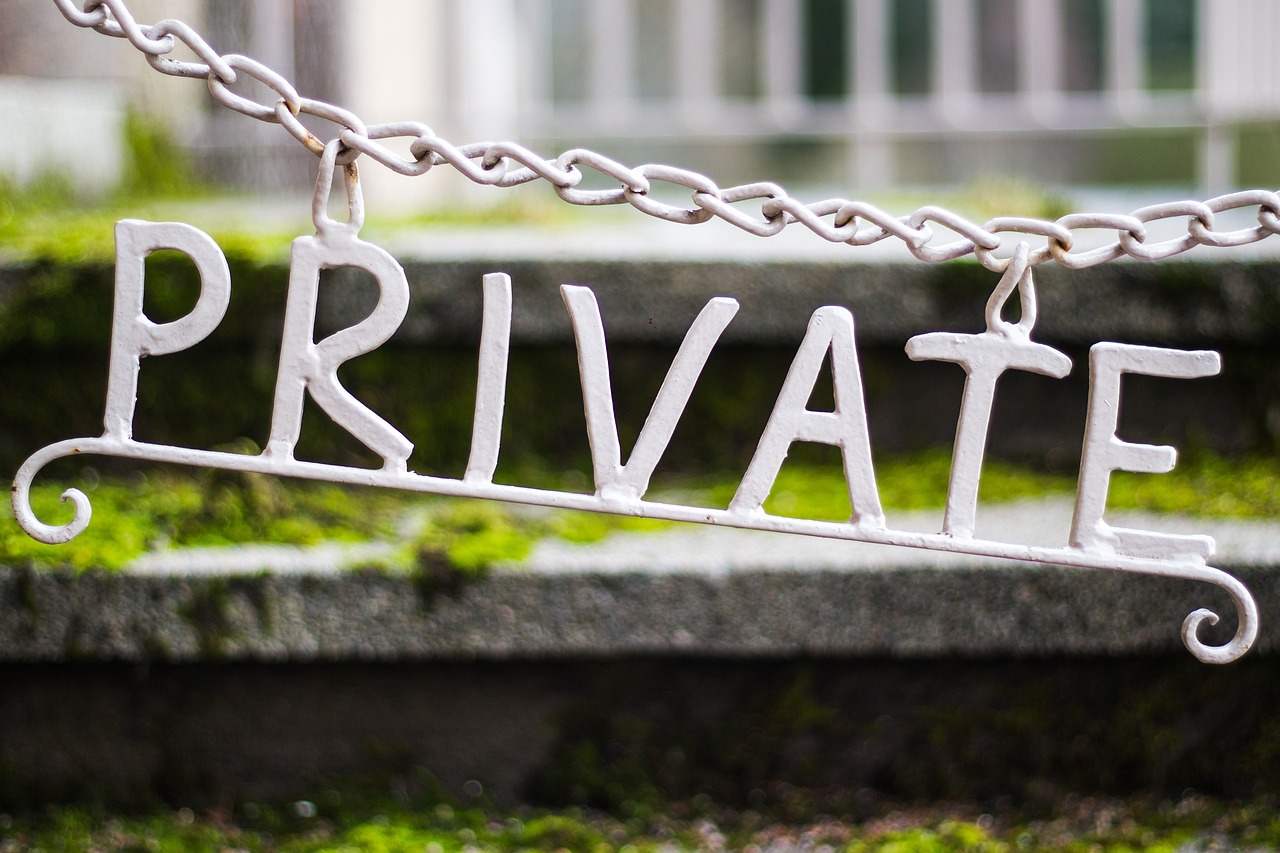We live in a world where sharing has become the norm. Social media, casual conversations, and even daily interactions can often lead us to reveal more about ourselves than we realize. But there are certain areas of our lives that should remain private, not because we’re hiding something, but because maintaining personal boundaries protects our well-being.
If, like me, you weren’t aware of what should remain private, here’s why it’s essential and what you might want to keep just for yourself.
1. Personal Finances
Your financial information—bank account details, income, and debt—is deeply personal. Sharing too much about your finances can lead to unnecessary judgement, awkwardness, or worse, identity theft. Keeping this private allows you to manage your money without external pressure or risks.
2. Medical and Health Information
Our health is one of the most personal parts of our lives. While it’s important to share medical information with trusted professionals, oversharing details about conditions, treatments, or medications in public spaces can lead to judgement or unwanted advice. Keeping your medical information private allows you to focus on your well-being without the weight of others’ opinions.
3. Passwords and Security Information
This might seem obvious, but in today’s digital age, many people unknowingly share too much online. Passwords, security questions, and other sensitive data should never be disclosed. Keeping this information private ensures your online and physical security.
4. Private Conversations
Whether it’s a deep chat with a friend, a venting session with a family member, or a conversation with a therapist, these moments are personal. Sharing too much of what was said can violate trust or create conflict. Keeping conversations confidential fosters deeper relationships and trust.
5. Legal Matters
Ongoing legal issues, disputes, or settlements should be kept between you and your lawyer. Sharing too much could potentially harm your case, or create unnecessary drama. Legal matters are complicated, and it’s best to keep them private until everything is resolved.
6. Personal Relationships
Details about your romantic relationship or family dynamics can be tempting to share, but oversharing can open the door to judgement, interference, or misunderstanding. Keeping the intimate parts of your relationships private helps maintain a healthy boundary and protects your emotional well-being.
7. Workplace Issues
Have an issue with a colleague or workplace policy? It’s tempting to talk about it with friends or on social media, but this can lead to misunderstandings or even damage your career. Keeping workplace matters confidential is a way to avoid unnecessary complications.
8. Sensitive Personal Beliefs
We all have deeply held beliefs—about religion, politics, or values. While sharing these can be important, discussing them openly with everyone might lead to conflict or judgement. It’s perfectly okay to keep certain beliefs private if you feel it will protect your peace of mind.
9. Future Plans
Whether you’re planning a big career move, starting a new business, or making a major life change, keeping these plans private until they’re more concrete can help you avoid outside pressure or criticism. Sometimes, sharing too early invites unnecessary stress or discouragement.
Why Privacy Matters
Maintaining privacy in these areas isn’t about secrecy—it’s about protecting your mental, emotional, and physical well-being. By being selective about what we share and with whom, we create boundaries that allow us to live authentically while safeguarding our personal space.
If you’ve never considered keeping these parts of your life private, like I hadn’t before, this is a great opportunity to reflect on what you want to protect and why. We all deserve to have parts of our lives that are just for us.
Your privacy is your power.
When someone pries into personal matters and you prefer not to share, it can feel uncomfortable, but there are ways to set boundaries while staying polite. Here are a few responses you can use to protect your privacy:
- Redirect the conversation:
“That’s something I’m still working through privately, but how have things been going with you?” - Use humour to deflect:
“Ah, that’s top-secret information! I can’t spill the beans just yet.” - Politely assert your boundaries:
“I appreciate your concern, but I’m keeping that between me and a few close people right now.” - Keep it vague but respectful:
“I’m not really ready to talk about that at the moment, but thanks for asking.” - Shift the focus to a broader perspective:
“That’s a bit personal, but I’m more than happy to share what I’ve learned through the process.”
Sometimes, protecting your emotional space is vital, especially when you feel vulnerable. You don’t need to explain why you’re keeping something private—just hold your ground with confidence.
In my therapy sessions, I emphasize the importance of understanding and protecting your personal boundaries. Healthy boundaries allow you to feel secure, maintain self-respect, and preserve your emotional well-being. By uncovering hidden emotional patterns and strengthening your sense of self, my therapy can help you build the confidence to set clear, respectful boundaries with others. This process is not only empowering but also vital for sustaining positive relationships and a balanced life.




Leave a Reply